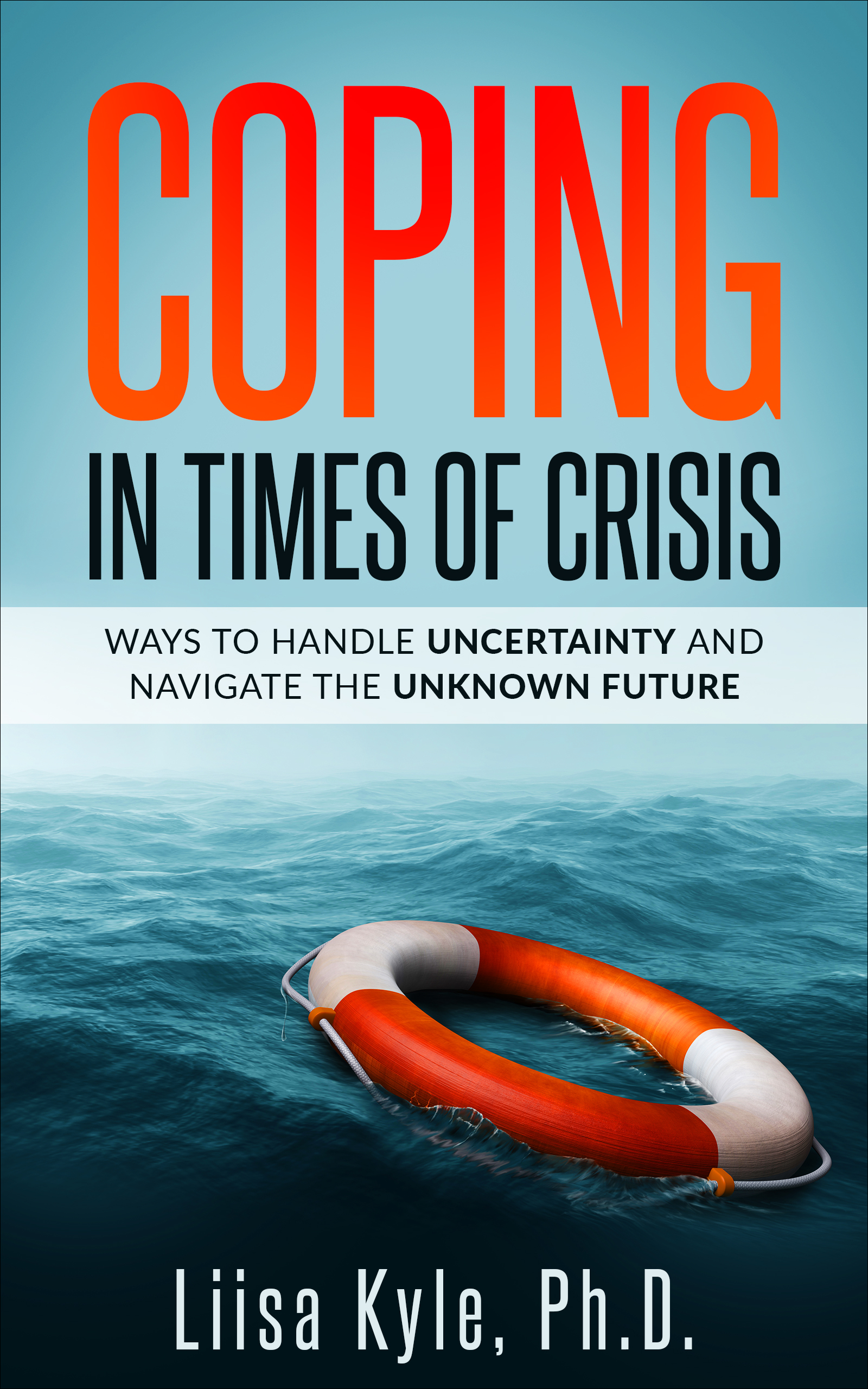How long did it take you to locate the documents you needed to do your taxes? If your answer was more than ‘two minutes’, then its time to organize your finances.
Why organize your financial paperwork?
1. You’ll reduce stress.
Financial matters are often fear-inducing on the best of days. When tax time rolls around — or whenever you need to find a particular financial document — it can be unnerving, frustrating and extremely stressful to track down what you need. In contrast, if your financial documents are well organized, you avoid all that needless heartburn.
2. You’ll save time.
When your finances are organized, you can locate whatever you need within minutes — rather than losing an hour or more every time you need to find a particular invoice, receipt or financial statement.
3. You’ll save money.
If your financial documents are a mess, then you may be missing out on income — either by not following up on invoices you are due… or by misplacing checks you’ve received. As well, it’s more likely that you are missing bill payments and are incurring late fees and penalties. By organizing your finances, you can avoid these unnecessary costs.
4. You’ll be in a better position to manage your money.
Until you tame your financial paperwork, it’s pretty much impossible to establish good financial habits. Or track your finances properly. Or make wise investments. It may seem trite but Step One on the road to financial freedom is to organize your financial documents.
So Let’s Take Stock
How are your finances organized? What’s working well — and what isn’t?
If you’re using an ineffective financial filing system, ask yourself why? How can you keep better track of your finances? Another question is to ask yourself in what area of your life are you most organized? Then apply whatever you’re doing in that life domain to your financial paperwork.
If you’re completely at a loss, then here are some ideas to get your finances in order.
Financial Organization 101
1. Create your Financial ‘Central Command’.
You need one location in which you can store all your financial papers. The easiest option is to use file folders and to store them in a filing cabinet, a bankers box or an accordian file.
Label each file folder so that you have one for every relevant financial category for that calendar year. Tailor your files to your circumstances. They may include things like:
PERSONAL: ‘2021 personal expenses’, ‘2021 transportation expenses’, ‘2021 health/dental expenses’, ‘2021 education’, ‘2021 entertainment, ‘2021 travel’, ‘coupons’
DOMESTIC: ‘2021 rent or mortgage’, ‘2021 insurance’, ‘2012 utilities’, ‘2021 phone’
BUSINESS: ‘2021 business expenses’,’2021 business invoices’, ‘2021 business income’
FINANCIAL: ‘2021 investments’, ‘2021 bank accounts’, ‘2021 credit cards’, ‘2021 donations’, ‘2021 tax documents’, etc.
Consider color coding your files so you can find things even faster. For example, you could use blue folders for personal, red for domestic, green for business, and yellow for financial files.
2. File your financial papers.
Gather up your financial documents. Sort them into your file folders.
3. Set up a system for regular bill payments.
Set up automatic bill payments if at all possible. If that doesn’t work in your case, you need to find a way to pay your bills on time. You could schedule bill payments on your calendar, for example. You could set up file folders such as ‘pay this week’, ‘pay this month’, etc. What’s worked well for you in the past? What hasn’t? What would be the easiest way for you to keep on top of your bills?
4. Set up a system for regular filing of your financial documents.
Many organizational experts advise you to file papers as soon as you receive them. This seem impractical, if not laughable. My own bias is to have a ‘filing basket’ in which paperwork accumulates for the month. The last day of the month is filing day — whatever’s in the basket gets sorted into the file folders. Personally, I find ‘batching’ my filing to one session a month far more efficient than sorting papers every day. As well, using this technique, there are relatively few loose papers to search through whenever I’m looking for something.
5. Set up an annual process for updating your files.
Every January, set up a fresh set of financial files for the new year.
*****
Activity: Time how long it takes you to find your charitable donations from 2020. If it takes less than two minutes, pat yourself on the back. If it takes more than two minutes, apply some of the ideas in this article to improve the organization of your finances.
*****
 Want more tips and techniques on getting things done? Check out my book YOU CAN GET IT DONE: Choose What to do, Plan, Start, Stay on Track, Overcome Obstacles, and Finish.
Want more tips and techniques on getting things done? Check out my book YOU CAN GET IT DONE: Choose What to do, Plan, Start, Stay on Track, Overcome Obstacles, and Finish.
*****
Want to re-publish this article? Go for it – just include the author’s name, a link to this original post and the following text blurb:
Are you struggling with too many talents, skills, ideas? You may have The DaVinci Dilemma™! Find tools, fun quizzes, coaching, inspiration and solutions for multi-talented people at http://www.davincidilemma.com/ .



